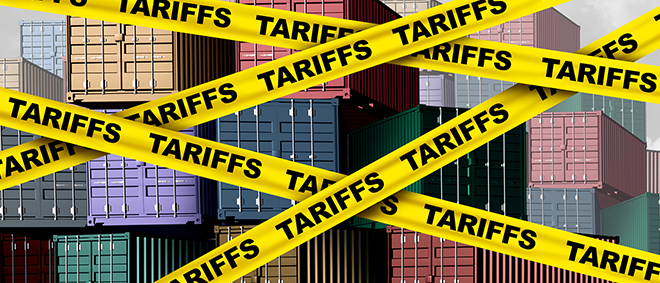It looks ascendant.
Strongmen are flexing in Moscow, Beijing, Ankara, Budapest. Democracies feel shaky under the weight of disinformation, polarization, and nostalgia for “simpler times” that never really existed.
On the surface, liberal democracy looks like it’s on the ropes.
But history tells a different story.
Authoritarianism Was the Default
For most of human history, authoritarianism wasn’t really a choice — it was logistics.
- Pharaohs, emperors, kings, caliphs, khans: ruling by decree was the simplest way to maintain order when mass literacy, mass communication, and civic institutions didn’t exist.
- Empires rose on centralized authority and fell the same way: violently, suddenly, spectacularly.
Authoritarian regimes burn bright and fast. Democracies stumble, argue, frustrate, and somehow remain standing.
History Repeats the Pattern
- Rome’s republic collapsed into dictatorship and empire — unstoppable, until it wasn’t.
- Europe’s monarchies ruled for centuries, then cracked under revolutions, parliaments, and guillotines.
- Fascism built entire mythologies of strength and destiny, only to implode in less than a generation.
- Communism reshaped half the globe — until the USSR disintegrated almost overnight.
Authoritarianism always looks eternal… until it suddenly isn’t.
Today’s Strongmen, Tomorrow’s Footnotes
- China: rapid growth, but brittle foundations — aging demographics, constrained innovation, mounting internal pressures.
- Russia: burning its future on the altar of one man’s imperial fantasy.
- Populists in Europe and the Americas: loud, polarizing, hollowing out institutions in the name of “strength.”
Meanwhile, democracies — messy, divided, infuriating — keep adapting. They survive crises authoritarian systems can’t.
The Mutation: Techno-Feudalism
Authoritarianism isn’t just tanks and jackboots anymore. It’s data monopolies, algorithmic control, and billionaire barons who answer to no one.
- Platforms as kingdoms: Facebook, X/Twitter, TikTok — they set the rules of public discourse with zero accountability.
- Capital as weapon: investors like Peter Thiel use wealth and influence not just to shape markets, but to reshape political systems.
- Innovation bent inward: AI, social platforms, and digital tools that could strengthen democracy are being twisted into engines of surveillance, disinformation, and control.
This is techno-feudalism: less about the nation-state, more about private fiefdoms with their own laws, currencies, and loyal subjects.
We’ve seen the prototype before. The “company towns” of the late 19th century trapped workers by paying in scrip, controlling housing, and monopolizing daily life. Dependency disguised as opportunity.
Today, tech giants do the same. Instead of coal, they mine attention and data. Instead of scrip, they lock us into platforms. Instead of the company store, we get app stores and walled gardens.
When figures like Thiel, Musk, and Zuckerberg undermine democracy while profiting off surveillance capitalism, they’re not innovating. They’re reinventing feudalism — with themselves as the new lords.
And just like company towns, these digital fiefdoms may look unbeatable right now. But history suggests they’re inherently unsustainable. Power centralized too tightly always fractures.
These systems thrive on dependency — but dependency breeds resentment, and resentment always finds a crack to break through. Authoritarianism adapts, yes. But each adaptation grows less stable, less legitimate, and less capable of surviving its own contradictions.
What looks invincible today becomes tomorrow’s cautionary tale.
The Last Gasp
That’s why I think we’re living through the last gasp of authoritarianism. Not because it’s going quietly — it never does — but because the conditions that once made it viable are gone.
Information flows too widely. Economies are too interconnected. People are too aware of their rights to be indefinitely ruled by fear and force.
Authoritarianism is dangerous in the short term. But long term? It’s a dead end.
How to Shorten the Gasp
Collapse doesn’t happen on its own. We can help shorten the gasp:
- Refuse normalization. Don’t shrug when rights are eroded. Call it what it is.
- Defend institutions. Courts, journalists, schools, civil servants — imperfect, but necessary scaffolding.
- Support vulnerable voices. Fear and silence fuel authoritarianism. Protecting dissent protects democracy.
- Build alternatives. Local organizing, fair workplaces, inclusive communities — these are the antidotes.
The End?
Authoritarianism ends faster when people stop waiting for someone else to end it.
If this really is the last gasp, our job is to make sure it stays the last gasp.


